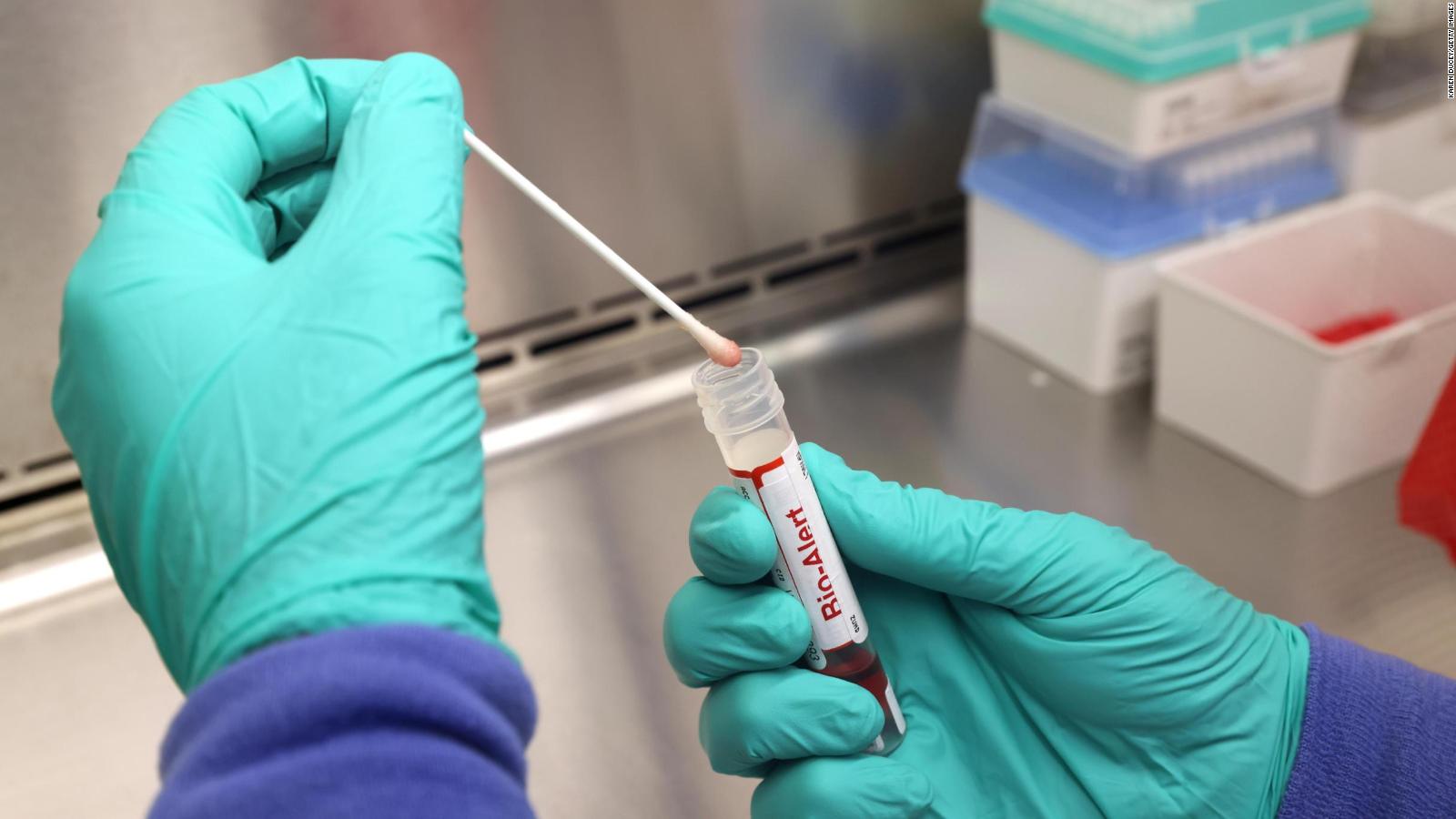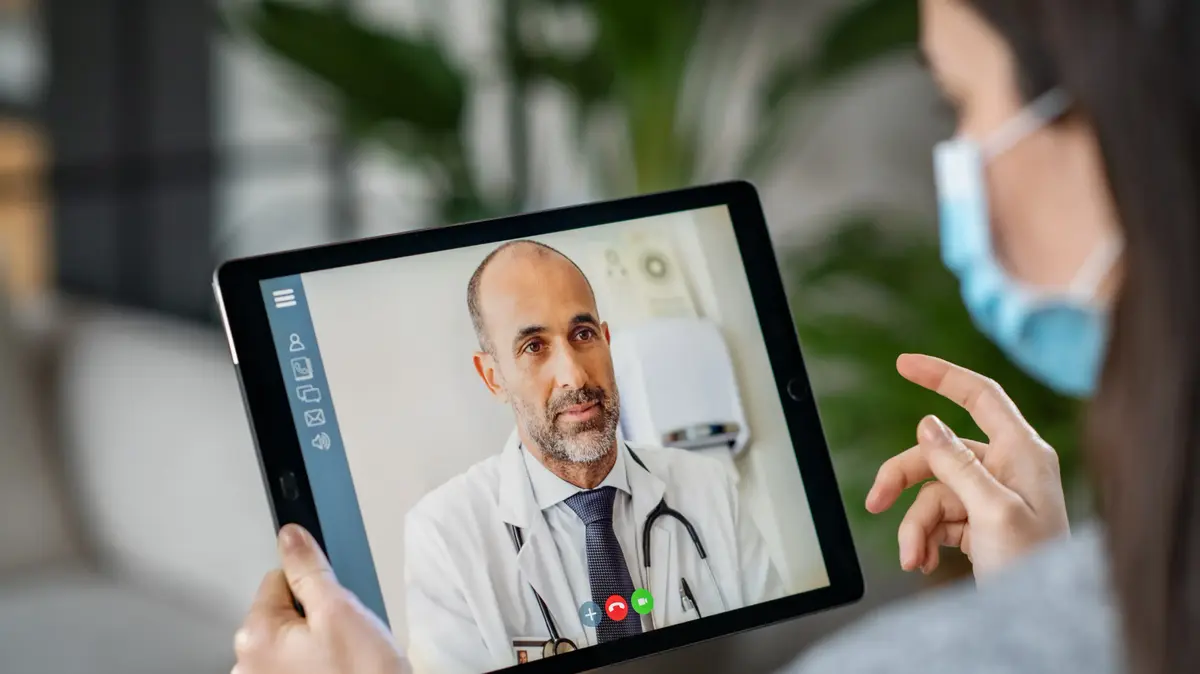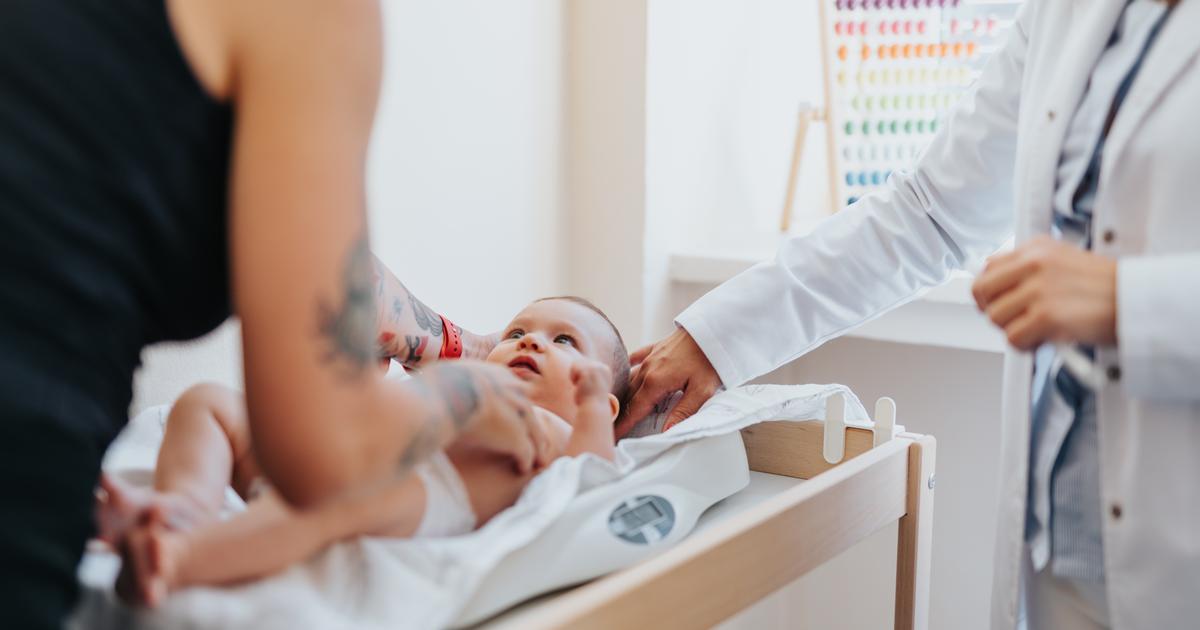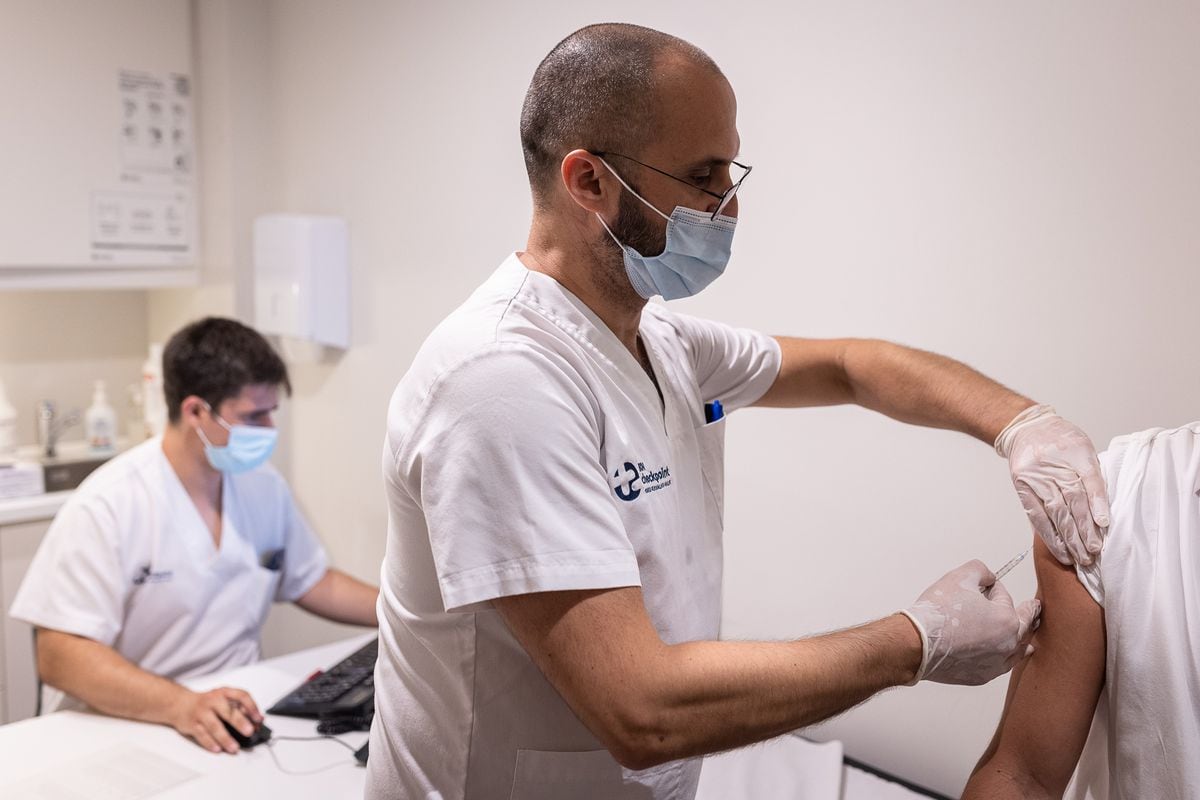San Diego declares monkeypox emergency 0:39
(CNN) --
Many technicians at Labcorp and Quest Diagnostics, two of the largest commercial laboratories in the United States, have refused to draw blood from patients who might have monkeypox, CNN has learned.
Labcorp and Quest do not dispute that, in many cases, their phlebotomists are not drawing blood from potential monkeypox patients.
What remains unclear from the companies' statements and CNN coverage is whether the phlebotomists are refusing to take blood on their own or whether it is company policy that prevents them from doing so.
The two testing giants say they are reviewing their security policies and procedures for their employees.
Dr. Huerta: Monkeypox is not exclusive to the LGBTQ community, it can give it to anyone
Infectious disease experts treating monkeypox patients say the denials are based on stigma and slow efforts to identify and isolate monkeypox patients at a time when health authorities of the country are being criticized for their difficulties in controlling the outbreak.
As of Tuesday, there had been 6,326 cases of monkeypox, an 81% increase from the previous week, according to data from the US Centers for Disease Control and Prevention (CDC). in English).
"This is absolutely inexcusable. This is gross dereliction of duty," said David Harvey, executive director of the National Coalition of STD Directors, which represents 1,600 US sexual health clinics, some of which have their offices to phlebotomists from commercial laboratories such as Labcorp and Quest.
Commercial laboratories employ tens of thousands of phlebotomists, health professionals who draw blood, in various types of clinics and doctors' offices across the country, as well as in their own patient care centers.
Although monkeypox is diagnosed by smearing the lesions, blood tests are needed to differentiate the virus from other types of infections, infectious disease experts say.
Harvey said doctors at sexual health clinics have had to find solutions when phlebotomists have refused to take blood from suspected monkeypox patients.
"We can't afford a delay in diagnostic testing because commercial labs are not doing the right thing," he said.
advertising
Harvey added that he finds the denials to be "a modern example of discrimination," a view shared by others.
"This reminds me of the old days, when people didn't want to care for HIV patients," said Arthur Caplan, a bioethicist at New York University.
The new findings on monkeypox 2:26
Cases of monkeypox in the US have been primarily among men who have sex with men, and when a technician doesn't draw blood, it "further perpetuates the stigma and fear and anxiety" about a virus that it's already stigmatized, added Dr. Peter Chin-Hong, a member of the California Department of Public Health's Scientific Advisory Committee on Monkeypox Virus, which cares for monkeypox patients.
Chin-Hong, an infectious disease specialist at UCSF Health, said men avoid getting tested for the virus for fear of being stigmatized.
"The fact that phlebotomists are afraid to take samples makes it even less attractive for someone to ask for a monkeypox test," he said.
"So this is going to make the situation even worse."
Phlebotomists routinely take blood from people with many types of infections, and monkeypox is not new: There have been cases in the US before, including two last year and dozens in 2003. smallpox in the blood is "low," according to the CDC, which instructs health care workers to use standard precautions to prevent transmission when handling samples from suspected or confirmed monkeypox patients.
Some of our phlebotomists are afraid
Blood tests are necessary not only to differentiate between monkeypox and other infections, but also to detect other sexually transmitted infections, such as syphilis, since people with monkeypox sometimes have sexually transmitted diseases.
If suspected monkeypox patients don't have their blood drawn, "you're not following the standard of care," said Harvey, the director of the association of sexual health clinics.
In an email to CNN Monday morning, a Quest spokeswoman wrote that "we follow CDC guidelines that patients with confirmed or suspected monkeypox infection should be isolated. Once the individual is out of isolation, we serve him".
Spokeswoman Kim Gorode sent a link to these CDC guidelines to support Quest's policy.
However, those guidelines do not say that health care services should be delayed until after a period of isolation.
In fact, the CDC says its isolation recommendations "do not apply in healthcare settings."
CDC spokeswoman Kristen Nordlund said, "The CDC guidelines on monkeypox isolation specifically state that people should remain isolated except to receive medical care. Obtaining a sample for testing is a medical care that could lead to a diagnosis or treatment if warranted.
Should I worry about monkeypox?
Our medical analyst explains the risks of this disease
Since the first case was identified in the US in May, the CDC has issued guidelines for the control of monkeypox infection to health care providers.
That page offers detailed instructions on how to treat these patients safely and notes that transmission in healthcare settings has been "rarely" reported.
Later Monday, Gorode wrote in an email to CNN that "we are now evaluating our guidance in light of the updates posted today on the CDC site."
He did not specify what those updates were.
CDC spokesman Jason McDonald said the only update on Monday was that the sentence about isolation guidelines not applying to health care settings was moved higher up the page.
Gorode added that "we want to make sure all patients have access to the tests they need while fostering a safe environment for our employees and all of our patients."
Dr. Brian Caveney, an executive at Labcorp, told CNN last week that "so far, we haven't typically done 'blood draws' on suspected monkeypox patients, but that the company was reviewing its policies, and that it was" This is likely to change."
Caveney, the company's president of diagnostics, said Labcorp was "trying to make sure our people are safe, but also to make sure we're taking care of our customers, while we're figuring out the right workplace safety standards and policies."
"(Monkeypox) is new, nobody knew what it was, some nurses and doctors are scared of it. Some of our phlebotomists have been scared, appropriately, by it," he said.
But the director of a group of phlebotomists said they shouldn't be afraid, as long as they take the usual precautions.
Diane Crawford, CEO of the National Phlebotomy Association, said she is "disappointed" that labs are allowing phlebotomists to refuse to draw blood from patients with suspected or confirmed monkeypox.
"It's a problem. It's like a doctor refusing to treat a patient," he said.
Petitions to the CDC for more teaching work
How is monkeypox spread?
6:12
Caplan, the bioethicist, questioned why Quest and Labcorp are now working on guidelines for their phlebotomists when the first case of monkeypox appeared in the US more than two months ago.
"This should have been done by now," he said.
Caplan said the CDC needed to do more to educate phlebotomists beyond the pages of its website.
"They need an educational outreach (for phlebotomists) and not just issue guidance. That's very, very important," he said.
Can monkeypox become a covid-19 level pandemic?
Caplan said education on standard safety precautions should help phlebotomists feel comfortable taking samples from these patients.
"I don't want them to get sick or leave or take a new job, which would hurt the availability of these services," he said.
"And we have an obligation to make their work as safe and risk-free as we can, and that goes beyond just information on websites."
Ultimately, though, Caplan added, phlebotomists have to draw blood from people who have, or might have, monkeypox.
"We want them to do it, it's important to help control outbreaks, and this is the kind of risk factor they targeted," he said.
-- CNN's Nadia Kounang contributed to this report.
monkey pox








